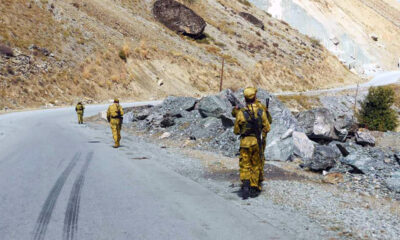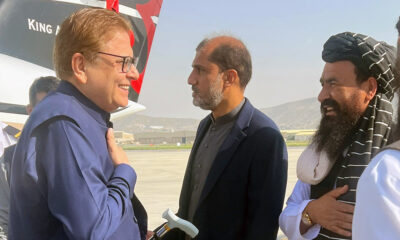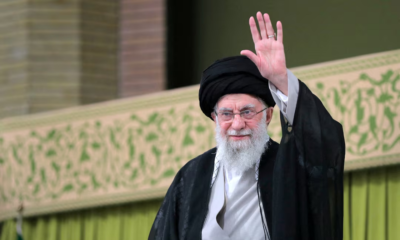Latest News
U.N. has millions in Afghanistan bank, but cannot use it
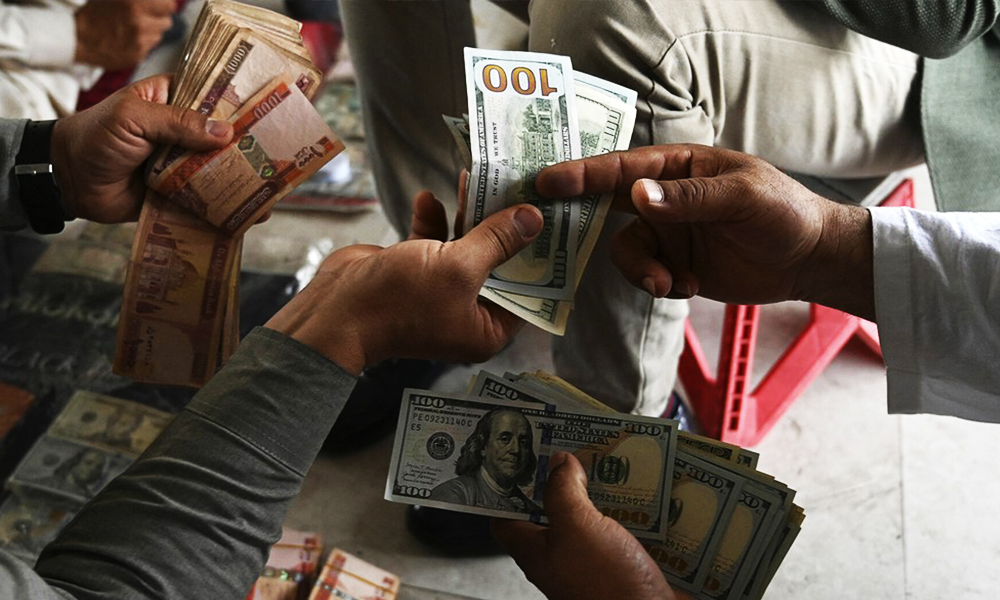
The United Nations has about $135 million in the bank in Afghanistan but is unable to use it because the Islamic Emirate-run central bank cannot convert it to the afghani currency, a senior U.N. official said on Thursday.
Abdallah al Dardari, head of the U.N. Development Programme in Afghanistan, said the United Nations had taken the U.S. dollars into the country and deposited it with the Afghanistan International Bank “with a clear promise from the central bank that fresh cash will be automatically converted to afghanis.”
“This did not happen,” he told the ACAMS Global Sanctions Space Summit, adding that UNDP itself has “$30 million stuck at AIB that I cannot convert to afghanis and without afghanis as you can imagine, we cannot implement all our programs.”
The Islamic Emirate of Afghanistan (IEA), who seized power in August, banned the use of foreign currency in a country where U.S. dollars were common.
The IEA has long been under international sanctions, which the United Nations and aid groups say are now hindering humanitarian operations in Afghanistan, where more than half the country’s 39 million people suffer extreme hunger and the economy, education and social services face collapse.
Billions of dollars in Afghan central bank reserves and foreign development aid have been frozen to prevent it from falling into IEA hands. International banks are wary of breaching sanctions, leaving the United Nations and aid groups struggling to get enough money into the country.
Liquidity is also a problem. Al Dardari told Reuters in November that while there was about $4 billion worth of afghanis in the economy, only about $500 million worth was in circulation.
The United Nations and the World Bank are discussing a possible swap facility, aid groups and U.N. officials have said.
Al Dardari said on Thursday that this would allow cash for humanitarian operations to be paid into a mechanism abroad and then afghanis could be collected “from major traders and mobile companies from inside Afghanistan.”
He also said lessons could be learned from a program in Myanmar, where electronic payment systems bypassed the central bank. Myanmar’s military have been hit with a raft of sanctions by the United States and others since a coup a year ago.
Latest News
IEA warns UN in Afghanistan against undermining the ordinances of Islamic Sharia
The Islamic Emirate however said in Wednesday’s statement that Afghanistan implements court rulings in accordance with a thorough judicial process and meticulous legal scrutiny.

The Islamic Emirate of Afghanistan on Wednesday warned the UN in Afghanistan (UNAMA) against criticizing or undermining the ordinances of Islamic Shariah and said remarks by the organization last week on the execution of four men were “unacceptable”.
In a statement issued by the IEA’s Ministry of Foreign Affairs, the Islamic Emirate said the remarks were in “direct contravention of the organization’s mandate, and is categorically unacceptable.”
The ministry stated that as an Islamic government it was their duty to carry out such punishments under Sharia.
On Friday, UNAMA condemned the executions and called for the abolishment of the death penalty in Afghanistan.
In a post on X UNAMA stated: “The death penalty is inconsistent with the fundamental right to life. UNAMA calls for an immediate moratorium on the death penalty as a step towards its abolition.”
Four men were publicly executed in Afghanistan last week: two in Badghis, one in Nimroz, and one in Farah province.
Two of the men were shot around six or seven times by a male relative of the victims in front of spectators in Qala-e-Naw, the centre of Badghis province, witnesses told AFP. The families of the victims reportedly turned down the opportunity to offer the men amnesty.
The Islamic Emirate however said in Wednesday’s statement that Afghanistan implements court rulings in accordance with a thorough judicial process and meticulous legal scrutiny.
“During this process, the accused is granted full rights to defense from the beginning until a final verdict is issued,” the statement read.
The IEA said UNAMA’s remarks that Qisas punishments were “contrary to the right to life” and that the death penalty should be abolished “are considered irresponsible and based on ignorance of Islamic rulings.”
“The implementation of Shariah-prescribed punishments, including Qisas, is an undeniable component of Islamic law.
“In the sacred texts, Qisas is explicitly associated with the preservation of life, and human experience has also demonstrated its effectiveness in ensuring justice and social order.
“As an Islamic government, the Islamic Emirate of Afghanistan considers the implementation of Qisas its religious obligation,” the statement read.
As such, the IEA reminded UNAMA that “any attempt to critique or undermine the ordinances of Islamic Shariah constitutes an overreach, is in direct contravention of the organization’s mandate, and is categorically unacceptable.
“Moving forward, it is imperative that UNAMA refrain from engaging in such remarks,” the IEA warned.
Qisas, in Islamic legal terms, translates to “retaliation in kind,” “an eye for an eye,” or retributive justice.
It’s a principle of Islamic law that allows for punishment in kind or compensation.
Latest News
CSTO member countries concerned over terrorism threat to Central Asia from Afghanistan
Armenia, Belarus, Kazakhstan, Kyrgyzstan, Russia, and Tajikistan make up the CSTO, with Tajikistan playing a key role in ensuring security in the area.
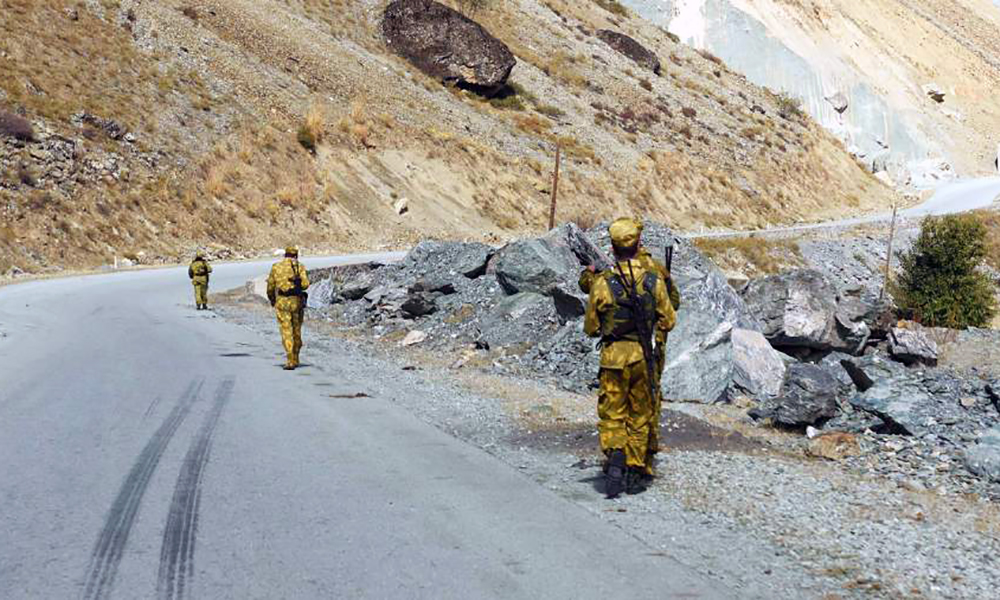
The Collective Security Treaty Organization (CSTO) has expressed concern about what they claim is growing threats in provinces in northern Afghanistan that border Central Asian countries.
Natalia Kharitonova, press secretary of the CSTO secretariat, told Russia’s Izvestia news outlet that the territory of Afghanistan remains a source of challenges related to terrorism, extremism, and drug crimes.
According to her, Tajikistan is ready to begin the first stage of the CSTO program to strengthen the Tajik-Afghan border.
However, she stated that the removal of the Islamic Emirate from Russia’s list of terrorist organizations may encourage Kabul to work more closely with neighboring countries to combat terrorism.
Armenia, Belarus, Kazakhstan, Kyrgyzstan, Russia, and Tajikistan make up the CSTO, with Tajikistan playing a key role in ensuring security in the area.
The CSTO program to strengthen the Tajik-Afghan border was first adopted by the CSTO in 2024. There are three phases.
The first phase involves Tajikistan, as the coordinator of the program, assessing the capabilities of the Member Countries in the production of weapons and technical means for border protection.
Once this is completed, CSTO members will select funding sources and finalize contracts. Deliveries are already planned for 2026-2027, the CSTO confirmed.
The third phase, which runs from 2027 to 2029, involves the practical provision of security along the entire section of the Tajik-Afghan border, which stretches for 1,300 km. Actual details on this phase have not yet been revealed.
However, Omar Nessar, a researcher at the Institute of Oriental Studies of the Russian Academy of Sciences, told Izvestia that the task of actually securing the border will probably be Russia’s responsibility as it has a large military base in Tajikistan.
On April 11, the Secretary General of the organization, Imangali Tasmagambetov, met in Dushanbe with the President of Tajikistan, Emomali Rahmon, and other officials, including the Minister of Defense of Tajikistan and the Secretary of the Security Council.
This, and other recent visits, demonstrate the Tajik side’s willingness to implement the first and all subsequent phases of the program, Kharitonova told Izvestia.
She went on to say that the organization has detected groups of militants operating from inside Afghanistan, along the Tajik border.
According to her, these are international militant groups such as Jundallah, the East Turkestan Islamic Movement and ISIS (Daesh).
Izvestia reported that the situation has become a lot more complicated since the change in power in Syria as several hundred militants from Central Asia were released from Syrian prisons. Hundreds made their way to the Afghan border area with Tajikistan, she said.
However, Omar Nessar believes that the situation on the border is stable at the moment, but that it could change.
Nessar suggested that a move towards recognizing the Islamic Emirate could be seen as an incentive for the ruling government to work more closely with neighboring countries to combat terrorism.
The Islamic Emirate has however repeatedly stated that no foreign militant groups, or Daesh, operate out of Afghanistan. The IEA has said it will not allow any individual or group to threaten another country from Afghanistan soil.
International Sports
IPL 2025: Punjab Kings make history, defend low score of 111 against KKR
Defending 112, PBKS stunned Kolkata Knight Riders (KKR) by bowling them out for 95

Punjab Kings (PBKS) created history in front of a roaring home crowd at the New PCA Stadium in New Chandigarh on Tuesday with the lowest total successfully defended in the Indian Premier League (IPL).
Defending 112, PBKS stunned Kolkata Knight Riders (KKR) by bowling them out for 95 on the back of highly inspired spells from the IPL’s all-time leading wicket-taker Yuzvendra Chahal (4/28) and Marco Jansen (3/17).
KKR were cruising along at 62/2 in the chase before they lost eight wickets for 33 runs and were all out in the 16th over as Jansen cleaned up Andre Russell.
The same fixture that saw PBKS recording the highest successful chase in IPL history when they chased down 262 in 2024, also produced one of the greatest low-scoring thrillers the league has ever seen.
Punjab are now fourth but join four other sides on eight points at the top of the table, while KKR are sixth.
Wednesday’s match
Today’s match – Wednesday April 16 – will see Delhi Capitals take on Rajasthan Royals at the Arun Jaitley Stadium in Delhi. In what is expected to be another thriller, fans in Afghanistan can tune in to Ariana Television to watch this match live from 5:30 pm.
-
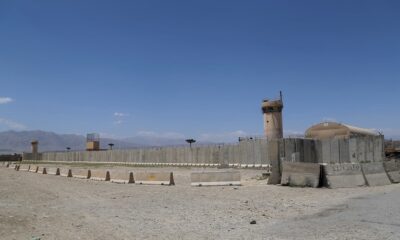
 Latest News4 days ago
Latest News4 days agoNo American military presence in Bagram: US defense official
-
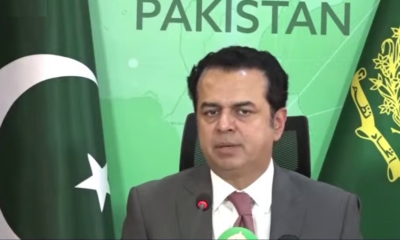
 Latest News5 days ago
Latest News5 days agoNo new deadline will be given for Afghan refugees: Pakistani official
-
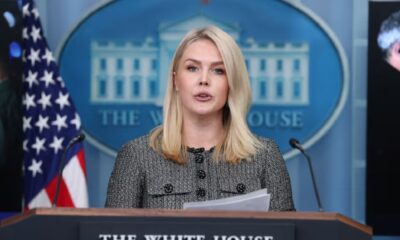
 World4 days ago
World4 days agoWhite House says ‘all hell to pay’ should Iran develop nuclear weapon
-
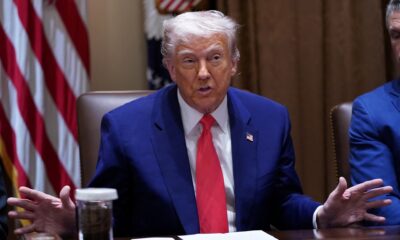
 Latest News4 days ago
Latest News4 days agoTrump ends protected status for thousands of Afghans, Cameroonians
-

 Latest News4 days ago
Latest News4 days ago‘No one wants to see a nuclear-armed Iran,’ says former US ambassador to Afghanistan
-
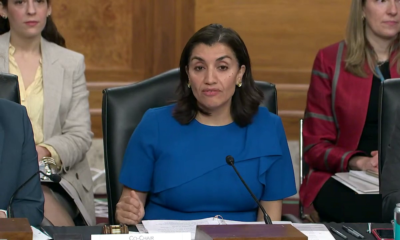
 Latest News4 days ago
Latest News4 days agoUS Senate convenes commission to review early years of Afghanistan war
-
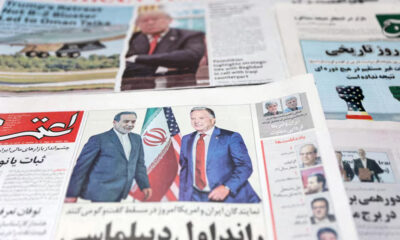
 Regional3 days ago
Regional3 days agoIran, US hold ‘positive’ talks in Oman, agree to resume next week
-
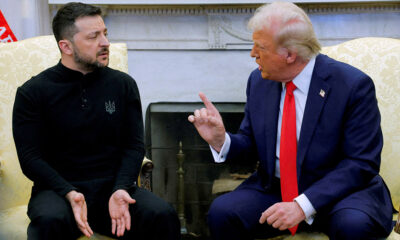
 World3 days ago
World3 days agoTrump says Ukraine talks may be going OK, but there is a time ‘to put up or shut up’




